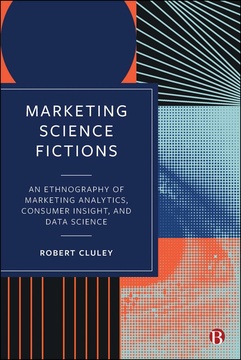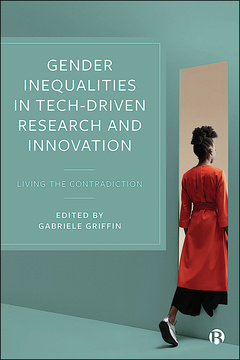Published
Apr 23, 2024Page count
192 pagesISBN
978-1529231199Dimensions
234 x 156 mmImprint
Bristol University PressPublished
Apr 23, 2024Page count
192 pagesISBN
978-1529231205Dimensions
234 x 156 mmImprint
Bristol University PressPublished
Apr 23, 2024Page count
192 pagesISBN
978-1529231205Dimensions
234 x 156 mmImprint
Bristol University PressPublished
Apr 23, 2024Page count
192 pagesISBN
978-1529246513Dimensions
234 x 156 mmImprint
Bristol University PressAvailable open access digitally under CC-BY-NC-ND licence.
Why does scholarship on innovation fixate on certain classes of technology? Could our research tools and techniques be concealing as much as they reveal?
Ryan T. MacNeil shows how the common instrumentalities of innovation research carry neoliberal market biases. He calls for critical scholars to examine how we observe and understand innovation, offering ways forward to deconstruct and reform disciplinary conventions.
This book makes a valuable contribution to critical management and science and technology studies by shedding light on the ‘dark matter’ of innovation. This will be an important resource for scholars and practitioners interested in disruptive ideas about innovation.
“Why does popular discourse typically assume that innovation is automatically positive when so many counter-examples, from opioid crises to surveillance technologies, abound? Ryan T. MacNeil calls us to study all aspects of innovation and thereby attain a more accurate understanding of its effects on society.” Lee Vinsel, Virginia Tech
"This erudite and intense book highlights the importance of rethinking our often pedestrian ideas about innovation, and has the potential to affect the innovation discourse for years to come." Alf Rehn, University of Southern Denmark
Ryan T. MacNeil holds the Rath Professorship in Entrepreneurship at Acadia University.
1. Dark Innovation
2. Extant Theory
3. Historiographic Context
4. Narrative Politics
5. Taxonomic Classification
6. Surveying Topologies
7. Sisyphean Statistics
8. After Observation














